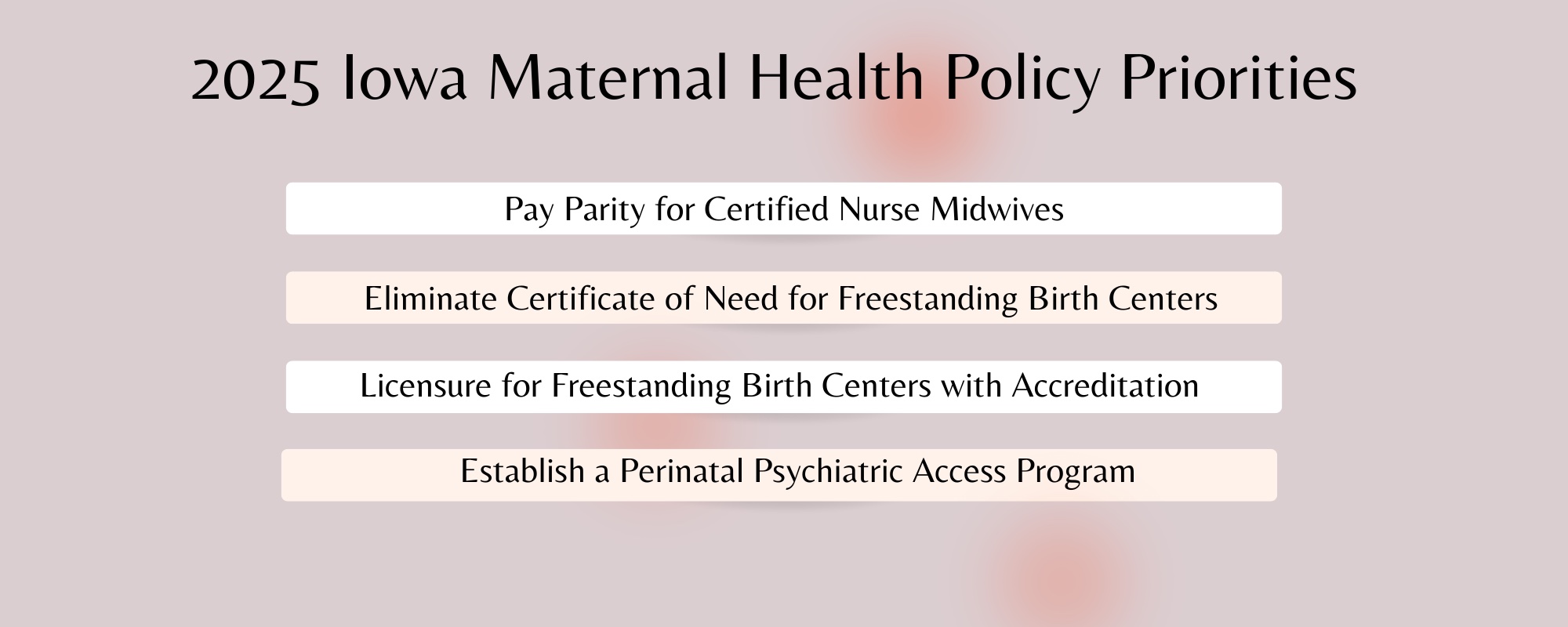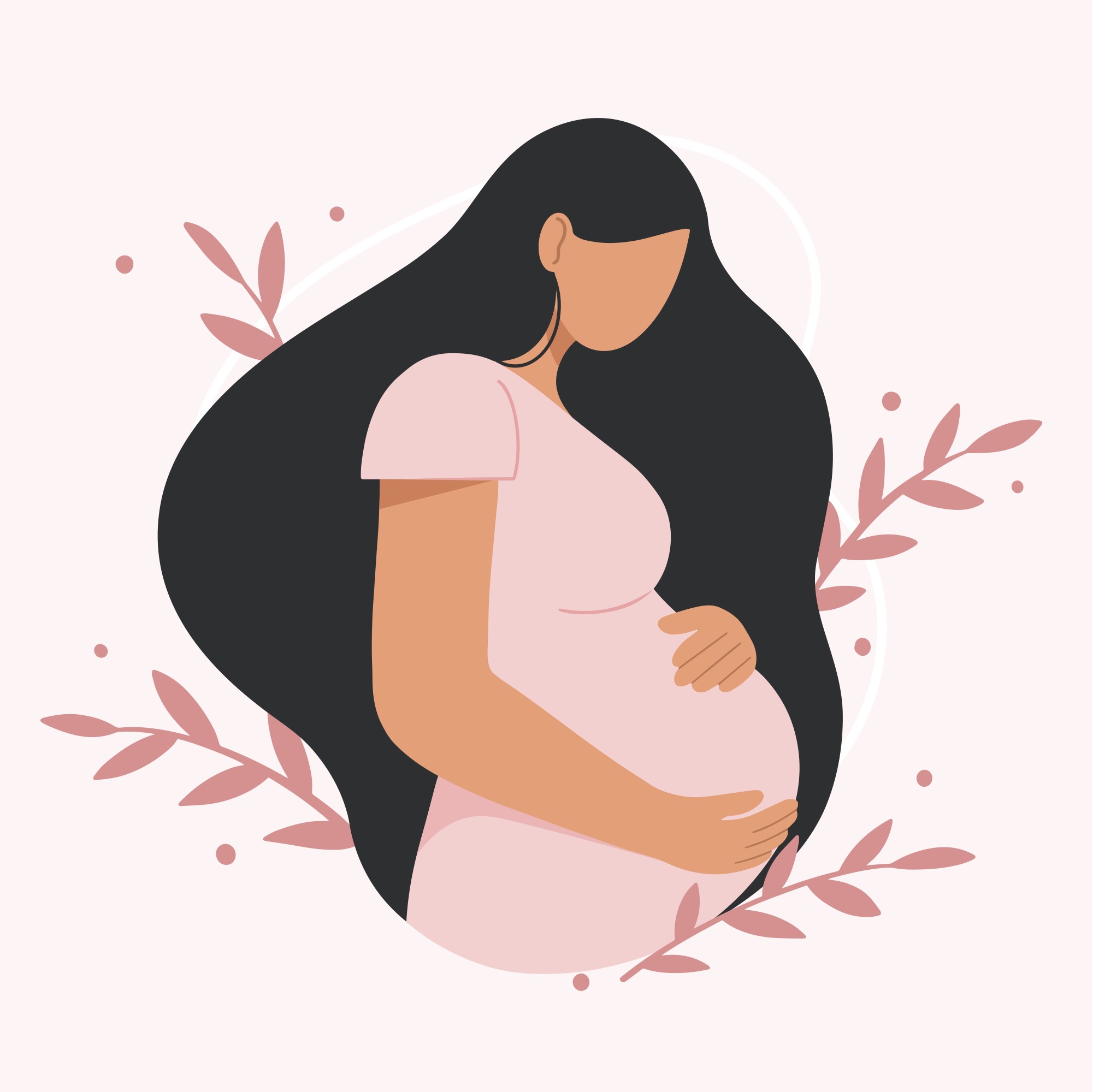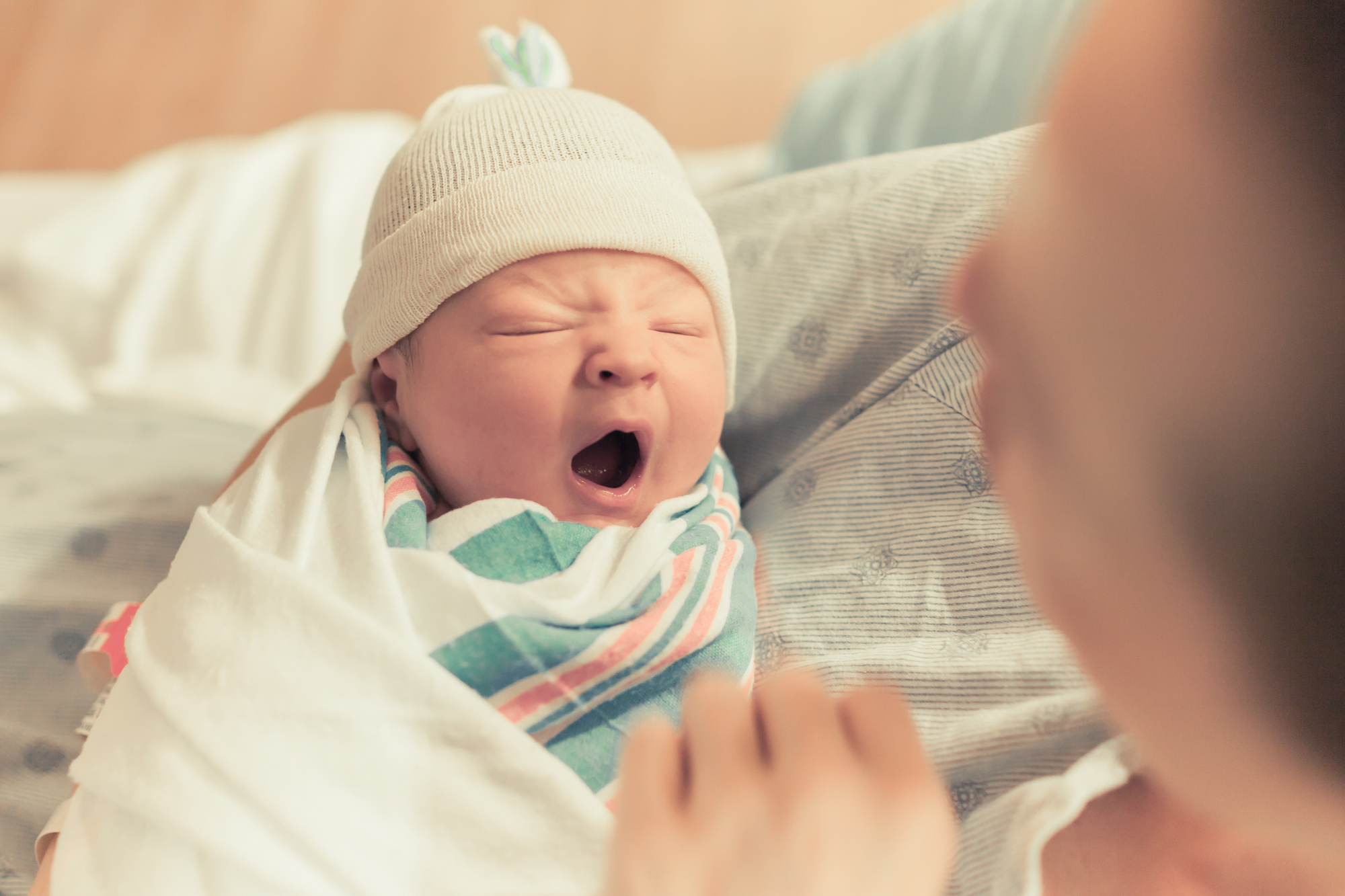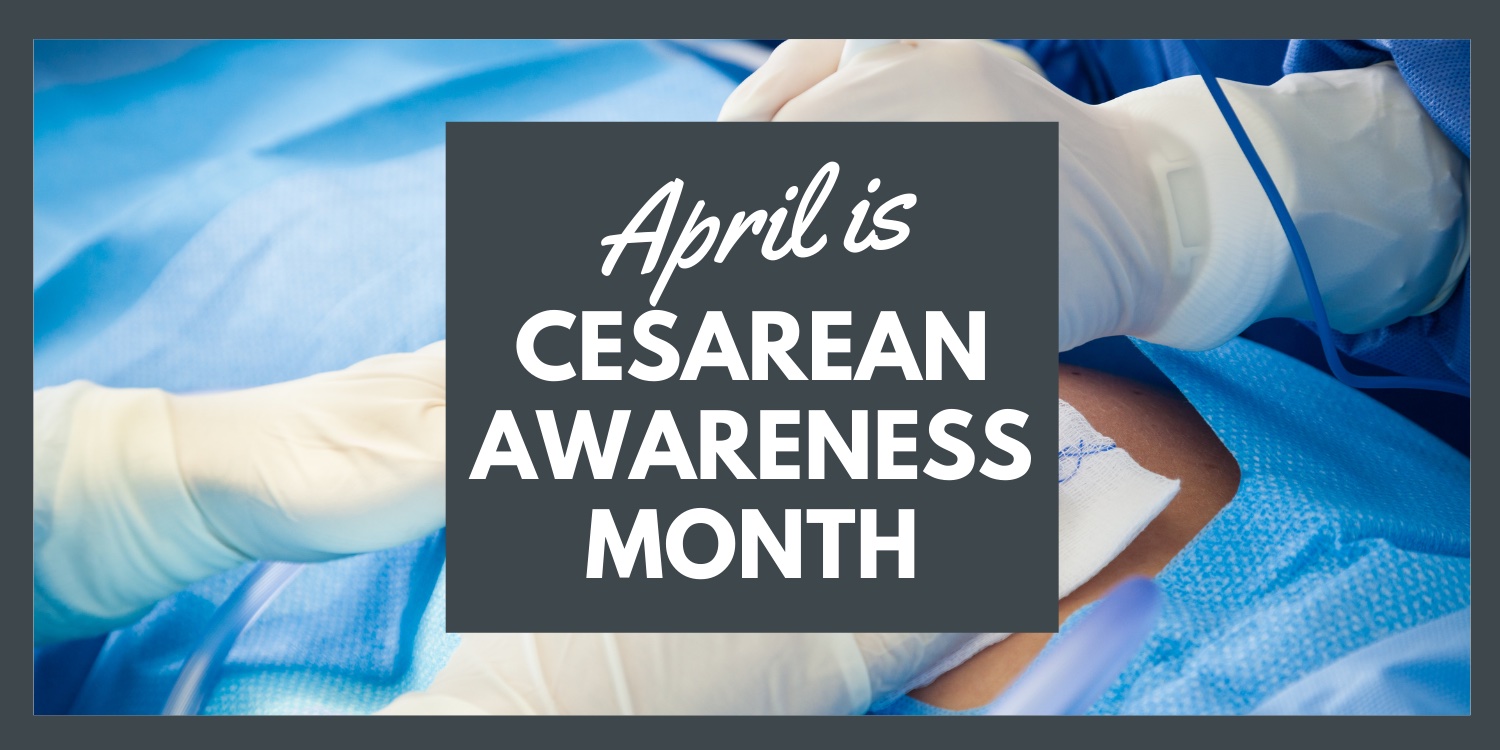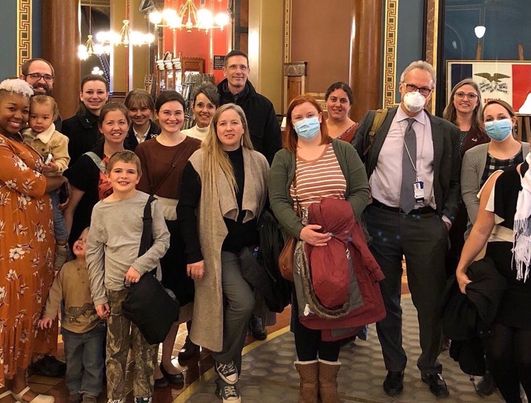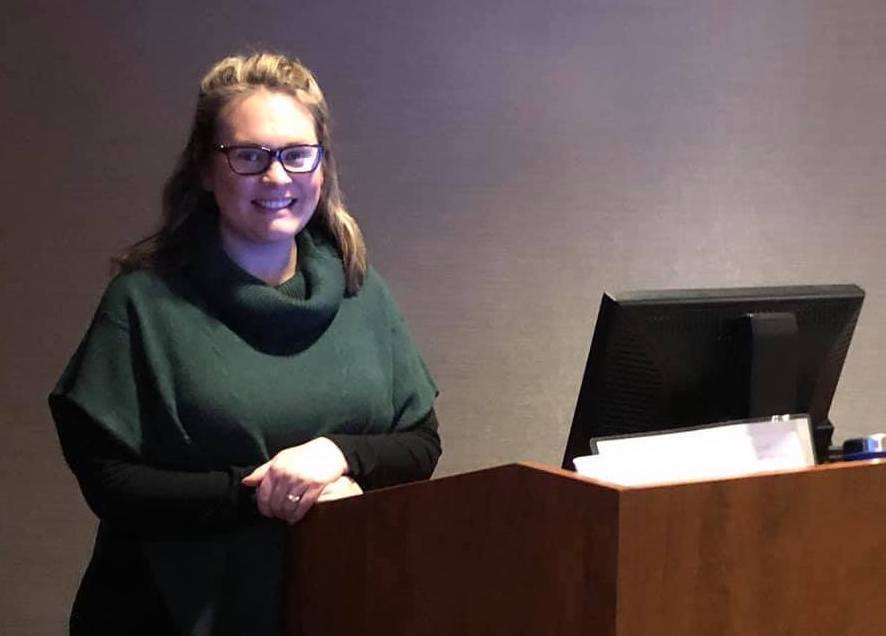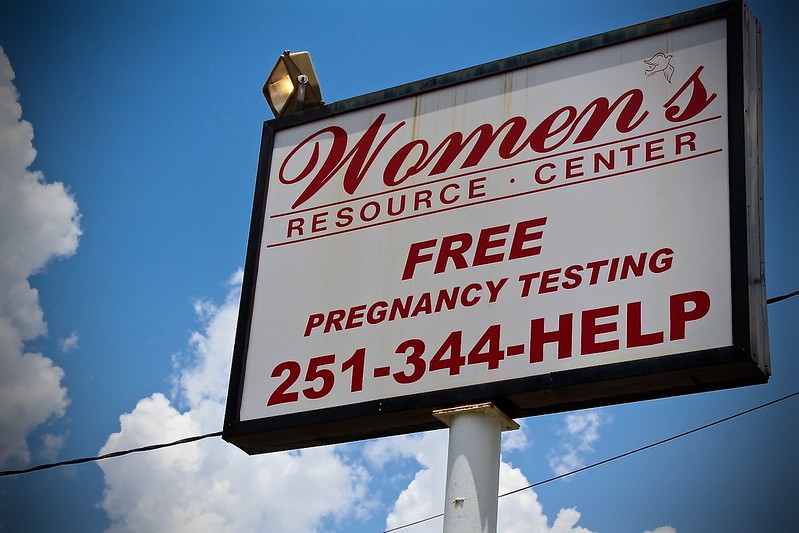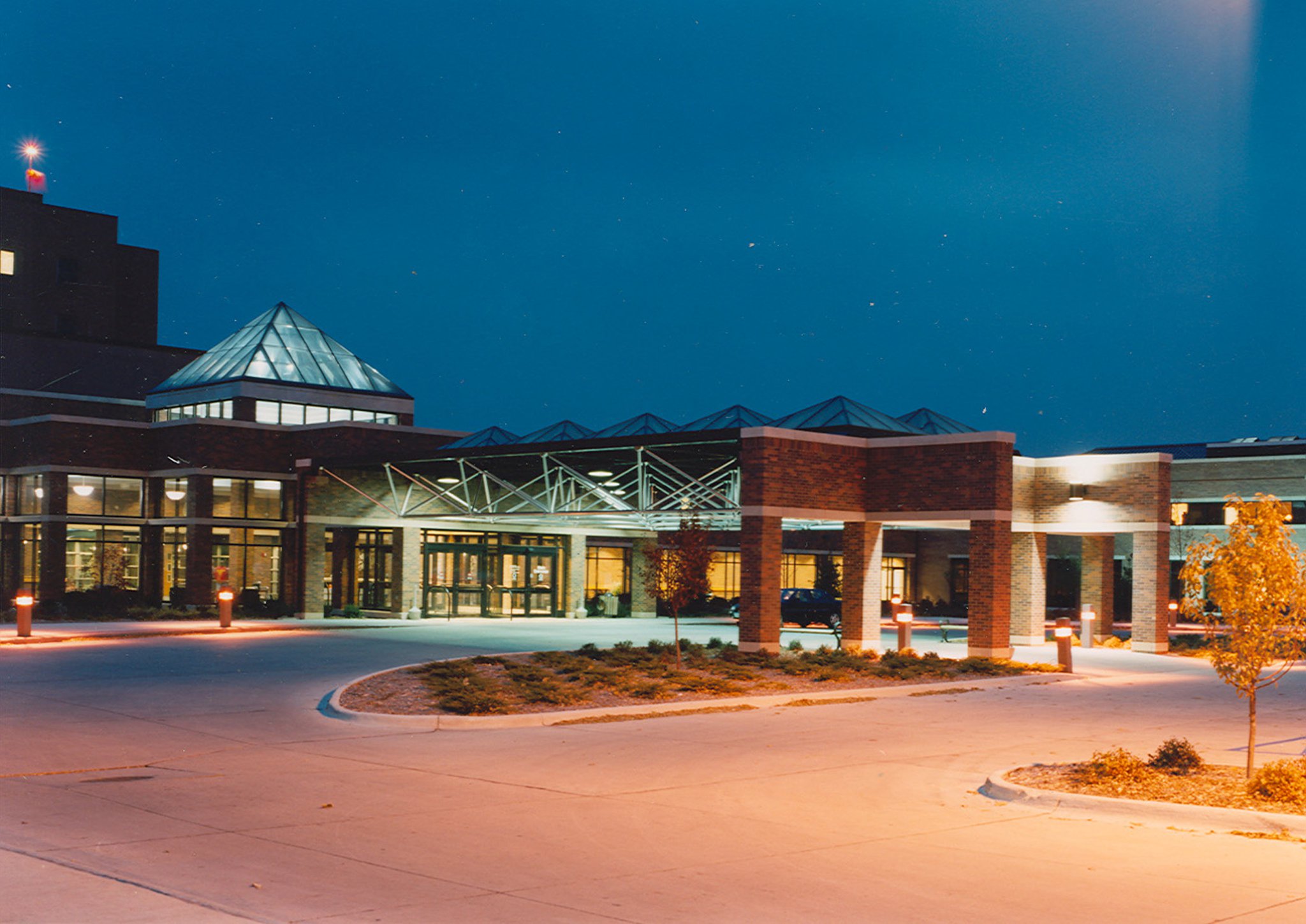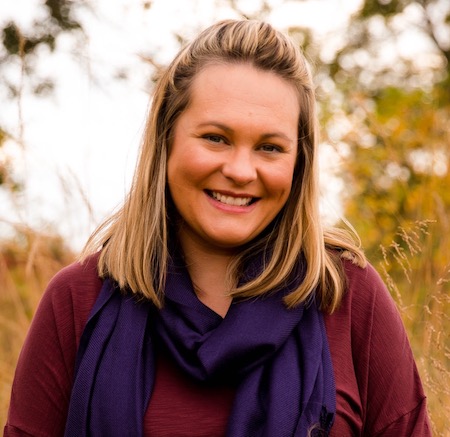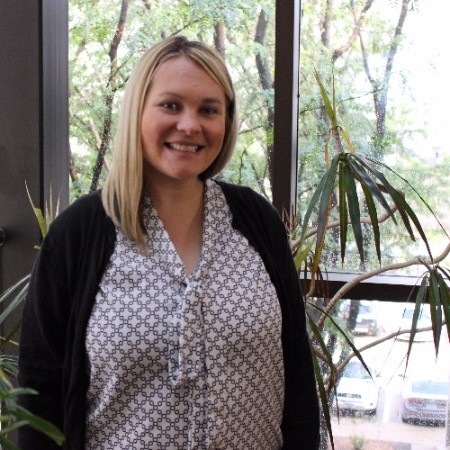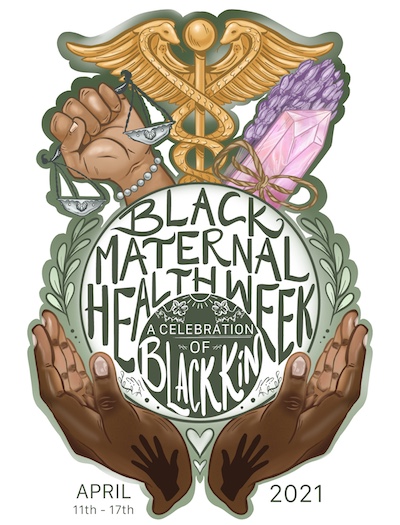As always, post a comment or send me an e-mail (desmoinesdem AT yahoo.com) if you know of an event I should add to this post.
Friday, February 13:
As part of the “POWERLINES to the Future” conference of the Midwest Regional Physicians for Social Responsibility, there will be a free film and discussion of “Scarred Lands and Wounded Lives” at 7:30 pm in the International Center, Old Capitol Town Center Mall, downtown Iowa City.
Get full information at:
www.iowa-psr.org/pl/pl_home.html
One Iowa urges supporters to “write a note on Facebook or Myspace with the 25 Reasons you support marriage equality. Then tag 25 of your closest friends on the note and add your 25 reasons as a comment to the One Iowa Facebook or Myspace page.” Also, One Iowa is hosting a Happy Hour from 5-7 PM at Azalea Restaurant, 400 Walnut St., Des Moines.
Friends of Iowa Midwives is having a “Red Envelope Party” (where people can write letters to policy-makers advocating for expanding birth options in Iowa) in Davenport from 3 pm to 5 pm at the Harrison Hilltop Theatre. Click here for more information:
http://www.friendsofiowamidwiv…
Saturday, February 14:
Physicians for Social Responsibility is holding a “POWERLINES to the Future” conference at the International Center, Old Capitol Town Center Mall, Iowa City. PSR hopes to encourage Iowans, especially those involved in the health professions, to become more informed and actively engaged in confronting the gravest health challenges of our time:
Conference 9:00 AM — 4:00 PM
Check-in and breakfast at 8:00 AM
The Saturday program addresses health, environmental, and economic consequences of:
Nuclear weapons
Nuclear power
Coal fired power generation
View full program at: www.iowa-psr.org/pl/pl_home.html/#program
Intended audience: physicians, allied health professionals, public health officials, general public, and students.
Registration includes breakfast and lunch on Saturday.
Pre-registration by Wednesday February 11, 2009 is required to be ensured food!
Sliding-scale conference registration fee.
Register online or download a printable registration form at:
www.iowa-psr.org/pl/pl_home.html/#registration
Friends of Iowa Midwives is having a “Red Envelope Party” at the Urbandale Public Library from 10 am to 12 pm, and at the Iowa City Public Library from 1 pm to 3 pm. For more information:
http://www.friendsofiowamidwiv…
Monday, February 16:
Big event on climate change co-sponsored by lots of good organizations:
The University of Iowa Center for Global and Regional Environmental Research and a variety of co-sponsoring organizations invite you to a climate change briefing and discussion to highlight the recent report of the Iowa Climate Change Advisory Council.
The briefing and discussion will take place on Monday, February 16, 6:00-7:30 pm at the Iowa State Historical Building Auditorium, 600 East Locust in Des Moines.
The meeting will be an opportunity to learn more about climate change science its potential impacts on Iowa, as well as learn about the recent options detailed in the work of the Iowa Climate Change Advisory Council report and participate in an informal discussion about climate change and next steps.
Iowa Climate Change Briefing and Discussion
Monday, February 16, 6:00-7:30 pm
Iowa State Historical Building, Auditorium
AGENDA
Welcome – Des Moines Mayor Frank Cownie
Richard Leopold, Director, Iowa Department of Natural Resources
Climate Science and Assessment of Climate Change for Iowa- Eugene S. Takle, Director, Climate Change Initiative, Professor of Atmospheric Science, Professor of Agricultural Meteorology, Department of Agronomy, Iowa State University
Brief overview of the Iowa Climate Change Advisory Council’s Report – Jerry Schnoor – Co-director, University of Iowa Center for Global and Regional Environmental Research and Chairman, Iowa Climate Change Advisory Council
What are our next steps? Interactive discussion with key legislators, ICCAC members and the audience
Adjourn for light refreshments
Climate Change Briefing and Discussion Co-Sponsors
Iowa State University Climate Science Initiative
UNI Center for Energy and Environmental Education
Iowa State University Extension
Iowa Department of Economic Development
Iowa Office of Energy Independence
Iowa Department of Natural Resources
Iowa Department of Public Health
Iowa Office of Consumer Advocate
Iowa Association of Municipal Utilities
Iowa State Association of Counties
Iowa League of Cities
Iowa Natural Heritage Foundation
Leopold Center for Sustainable Agriculture
Iowa Environmental Council
Iowa Interfaith Power & Light
Iowa Policy Project
Trees Forever
For more information or questions contact Joe Bolkcom, Outreach and Community Education Director, UI Center for Global and Regional Environmental Research at joe-bolkcom@uiowa.edu or 319-353-2681.
One Iowa is organizing this event:
February 16, 5:30 PM
“Transgender Medicine 101”
featuring Dr. Christine McGinn
FREE and open to the public
Dinner at 5:30, lecture at 6:00
Des Moines University Student Education Center Auditorium
3200 Grand Avenue, Des Moines
Go to www.oneiow.org for more information
Tuesday, February 17:
It’s the registration deadline for the Interfaith Alliance of Iowa’s Crossroads lunch on February 20 (see below for more information). Call 515-279-8715 to make a reservation.
The Women Food and Agriculture Network is holding “Women Caring for the Land” meetings on February 17, 18 and 19, for women landowners in Johnson, Jones and Linn Counties. These are free educational programs on conservation programming for women who are farm partners, owner-operators, or inheritors who own farmland. Laura Krouse will hold meetings in each county, followed by spring field days and a follow-up meeting. Please call her at 319-895-6924 to find out where and when the meeting will be held in each county.
Wednesday, February 18:
One Iowa and Lambda Legal are holding a “Let My Parents Marry” forum at 6:30 pm in the Coralville Public Library, Meeting Room A, 1401 5th St., Coralville.
Friends of Iowa Midwives is holding its third Annual Conscious Birth Summit from 3 pm to 8 pm in the Iowa City Public Library, Meeting Room A, Featuring screenings of The Business of Being Born and Orgasmic Birth.
Thursday, February 19:
From the Iowa Environmental Council newsletter:
Growing Sustainable Communities Conference
Join us Thursday, February 19, 10:00 a.m. – 1:00 p.m., at the Grand River Center, 500 Bell Street in Dubuque. Cost is $20 per person, which includes a lunch. Limited number of student scholarships available. Our conference theme is “Promoting Historic Preservation as Part of the Climate Solution.” Insights will be offered on creating local and regional policies to promote sustainability through historic preservation. Keynote speakers for the event are Richard Moe, president of the National Trust for Historic Preservation, and Roya Stanley, director of the Iowa Office for Energy Independence. Deadline for registration is Feb 11 [from desmoinesdem: I know it’s late, but if you’re interested try calling anyway]. A limited number of student scholarships are available. Online registration and payment, as well as additional information, are available at www.sustainabledubuque.org or by calling 563.589.4110 during business hours. The mission of the conference is to educate the public on the issues that impact the long-term health and sustainability of our region and to create an opportunity for policy decision-makers from the tri-state area to come together to discuss ways in which they can enact the most effective change at the local level.
Also from the IEC bulletin:
Iowa Whitewater Coalition Annual Dinner Meeting
February 19, Des Moines
The IWC ‘Reconnecting the Rivers’ Annual Dinner Meeting will take place on Thursday, February 19th, with a social hour beginning at 6 pm and dinner at 7 pm. Following the meal special guest Adam Brooks, who has paddled the entire Mississippi and Missouri Rivers, will be sharing stories from his adventure on the Pacific Crest Trail and his plans for paddling 2300 miles of the Yukon River in Alaska starting in June. The meeting will be held at the House of Thai, located at 3017 100th Street in Des Moines. There will be a wonderful selection of dishes served banquet style, beverages and a cash bar for those interested. Tickets may be purchased for $25 per individual or $45 per couple. Proceeds from the event directly benefit the non-profit activities of the IWC and its Reconnecting the Rivers Campaign. For more information and to purchase tickets, go to: http://www.iowawhitewater.org/…
One Iowa and Lambda Legal are holding a “Let My Parents Marry” forum at 6:30 pm in the Des Moines Public Library, Meeting Room 1, 1000 Grand Ave. in Des Moines.
Friday, February 20:
The Interfaith Alliance of Iowa is holding a Crossroads luncheon:
Guest Speaker: Nate Monson
Project Coordinator, Iowa Safe Schools
Subject: Safe Schools for All
Sexual orientation and gender identity are two controversial topics in our communities and in our schools. Are our schools safe for LGBT youth? Learn about, discuss, and experience the effects of bias and harassment on students who identify and students who are perceived to be gay, lesbian, bisexual and/or transgender and learn about laws dealing with the GLBT community.
Date: Friday, February 20
o Time: 11:45 – 1 p.m.
o Location: Plymouth Congregational Church, Des Moines (42nd Street & Ingersoll Avenue )
o Cost: $9.00
Reservations are required for Crossroads. Please call or email TIA Iowa by Tuesday, February 17.
Office: 515-279-8715
Friends of Iowa Midwives is having a Red Envelope Party from noon to 1 pm at the Marion Public Library.
Saturday, February 21:
From the IEC bulletin:
Hunter Angler Summit
Please join other outdoor enthusiasts on Feb 21, at Johnson County Conservation Education Center at F.W. Kent Park, just west of Tiffin, for a one-day summit to learn about threats to Iowa wetlands, rivers and streams, and help the National and Iowa Wildlife Federation to launch a state campaign to fight back after the rulings by the U.S. Supreme Court and administrative fiats that have left over half of Iowa streams and over 70 percent of Iowa’s prairie pothole wetlands vulnerable to losing Clean Water Act protections. Whether you are an angler who enjoys casting in your favorite stream or a hunter who counts on mallards and northern pintails, these decisions threaten the places you love. Policy experts and scientists will share the current efforts to eliminate protections in Iowa and the serious impacts they have for Iowa fish and wildlife. We will work together to design a statewide plan for hunters and anglers to stop the rollback of clean water protections for Iowa waters. Hunters, anglers and outdoor enthusiasts who care about clean water and wildlife should attend. Please RSVP: Email Pam Goddard, goddardp@nwf.org or call at 301-741-6606.
Continue Reading...

